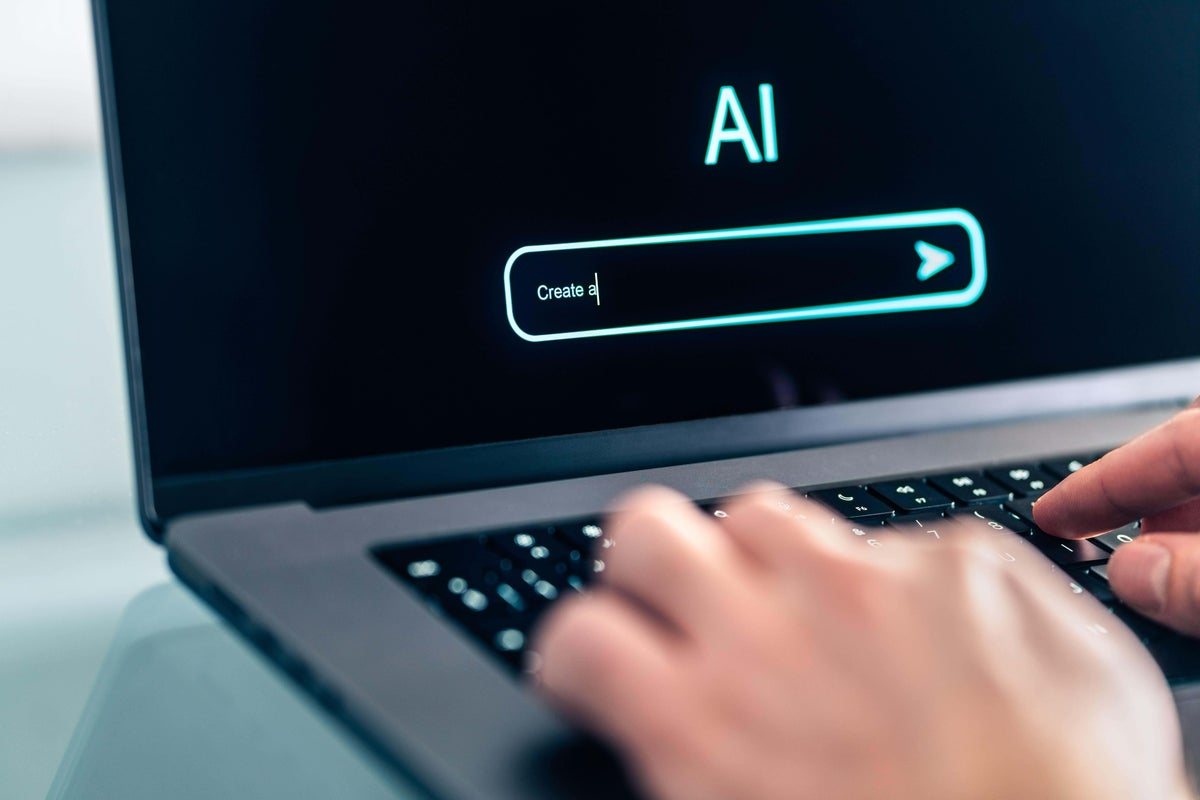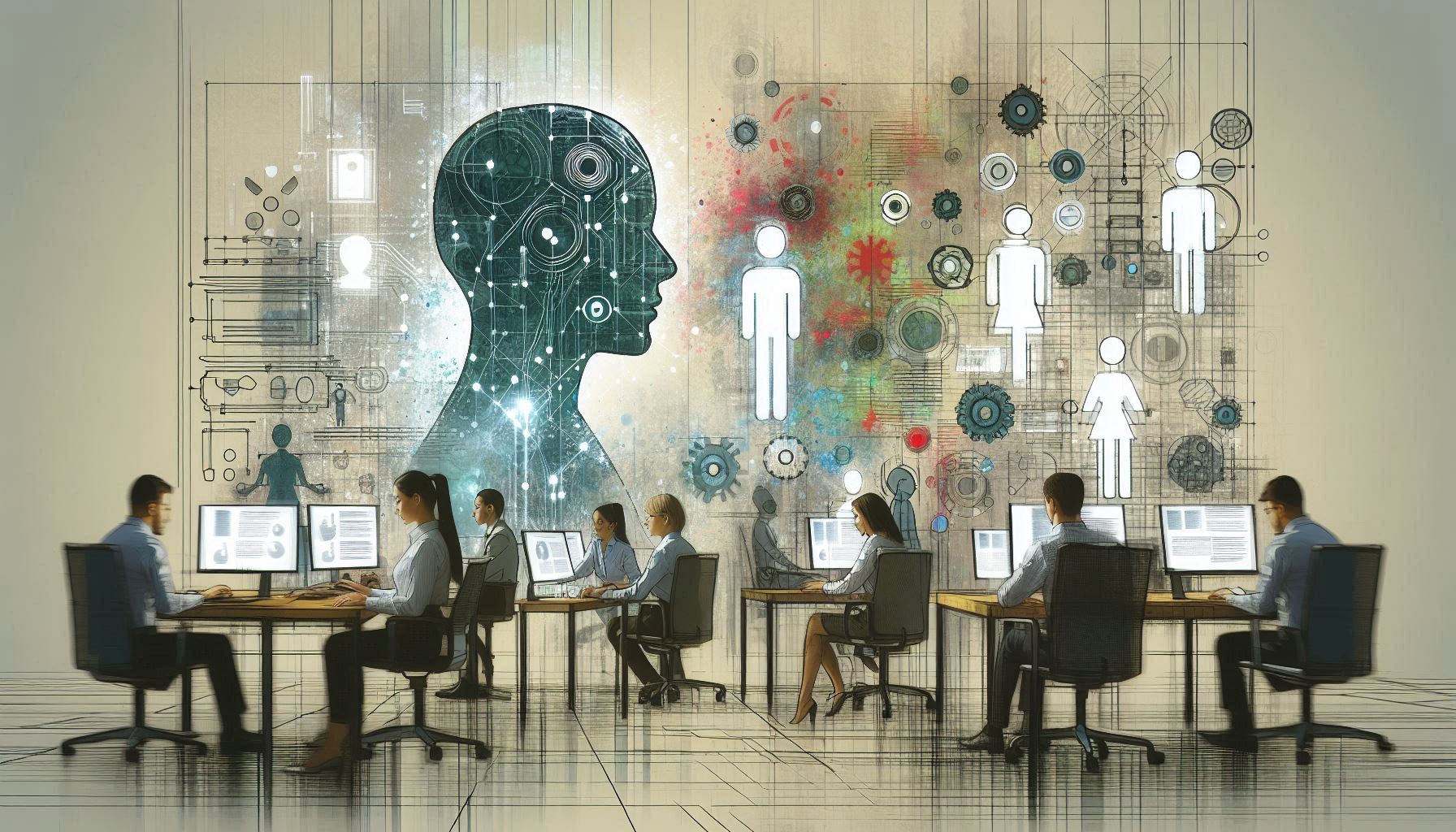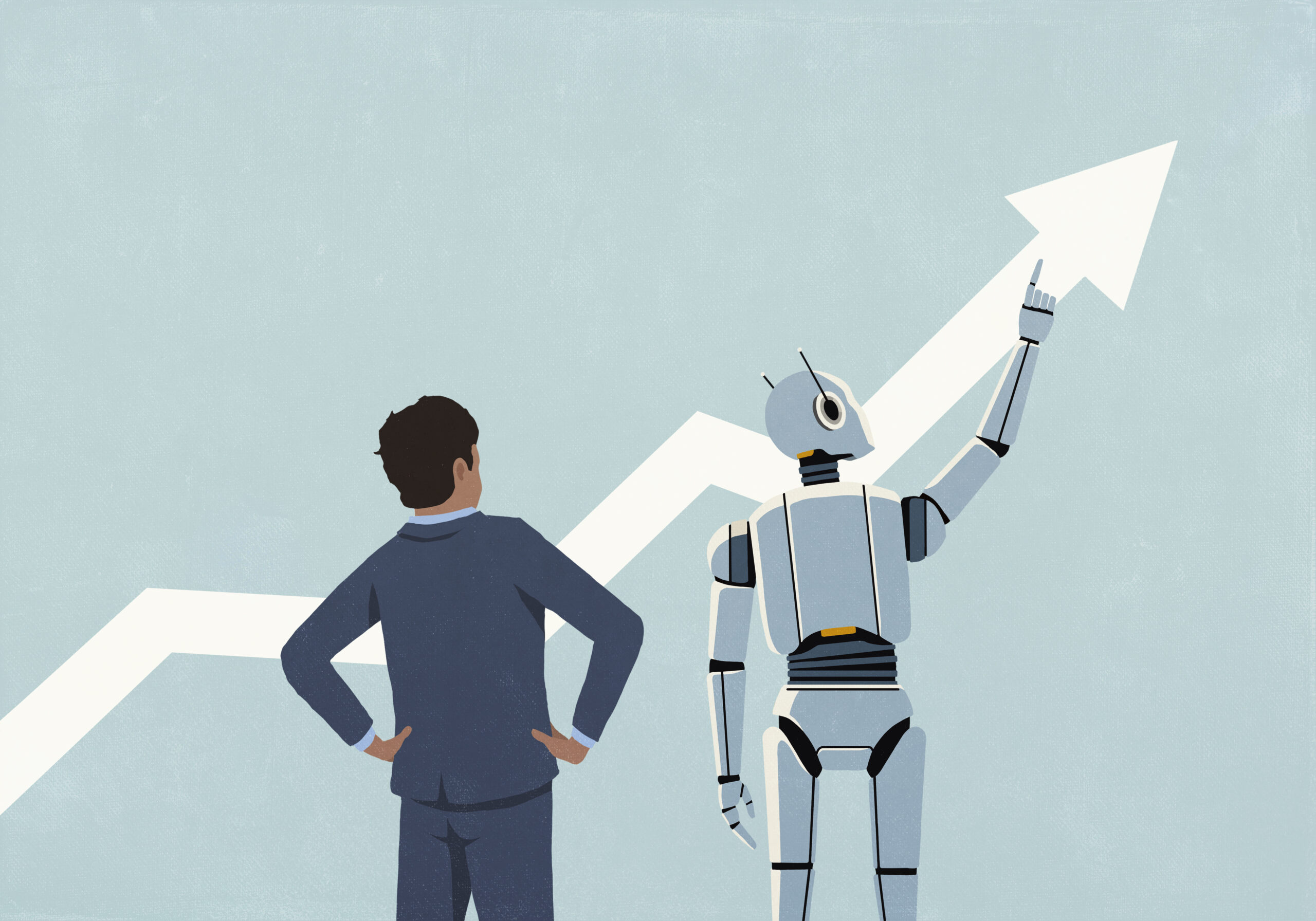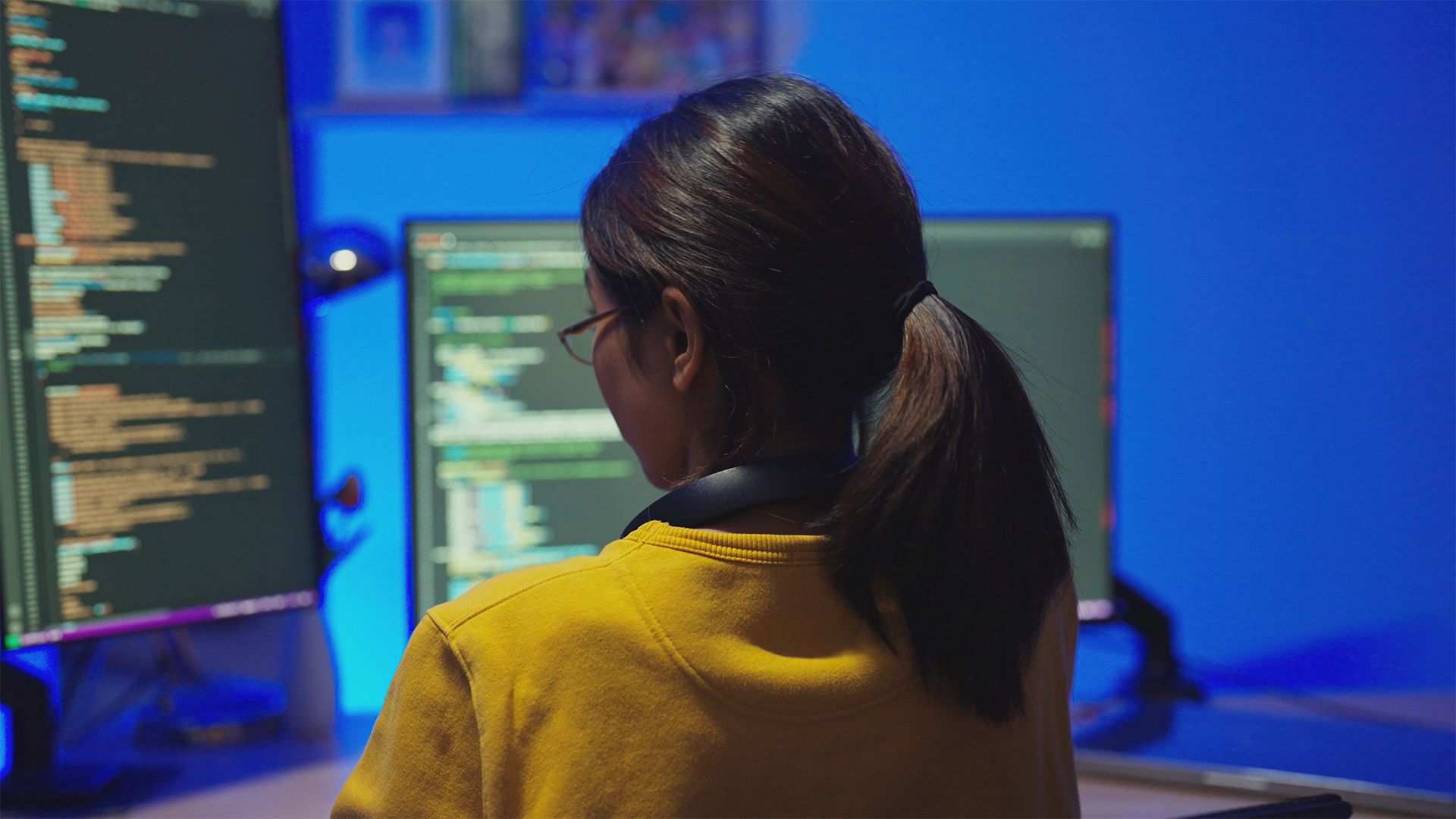#workforce-skills
#workforce-skills
[ follow ]
#ai-adoption #generative-ai #artificial-intelligence #automation #productivity #digital-transformation #ai
fromPsychology Today
2 weeks agoArtificial Intelligence Mirrors Natural Intelligence
For the past three years, the conversation around artificial intelligence has been dominated by a single, anxious question: What will be left for us to do? As large language models began writing code, drafting legal briefs, and composing poetry, the prevailing assumption was that human cognitive labor was being commoditized. We braced for a world where thinking was outsourced to the cloud, rendering our hard-won mental skills, writing, logic, and structural reasoning relics of a pre-automated past.
Artificial intelligence
US news
fromFortune
2 months agoFor Gen Z, it's 'not enough to work hard' if you want to succeed, says Jamie Dimon-skills in specific sectors are the way to get ahead | Fortune
Hard work alone no longer guarantees success; workers entering the workforce need sector-specific skills and AI-related competencies to secure well-paying jobs.
fromKen Yeung
4 months agoAI Literacy Rises as 85% of U.S. Workers Face Job Shift
Artificial intelligence is transforming not only the jobs people hold, but also the skills they rely on to do them. New data from LinkedIn shows that 85 percent of U.S. professionals could see at least a quarter of their skills affected by AI. In other words, a significant portion of workers' expertise may need to evolve to keep pace. As a reflection of this shift, the most in-demand skill over the past year, unsurprisingly, has been AI literacy.
Artificial intelligence
fromInside Higher Ed | Higher Education News, Events and Jobs
5 months agoFewer Young People See Math Skills as Very Important in Work
While over half of all Americans rate math skills as "very important" in their work (55 percent) and personal (63 percent) lives, only 38 percent of young people (ages 18 to 24) said math skills are very important in their work life and 37 percent in their personal life, according to a December survey of 5,100 U.S. adults.
Higher education
[ Load more ]


















